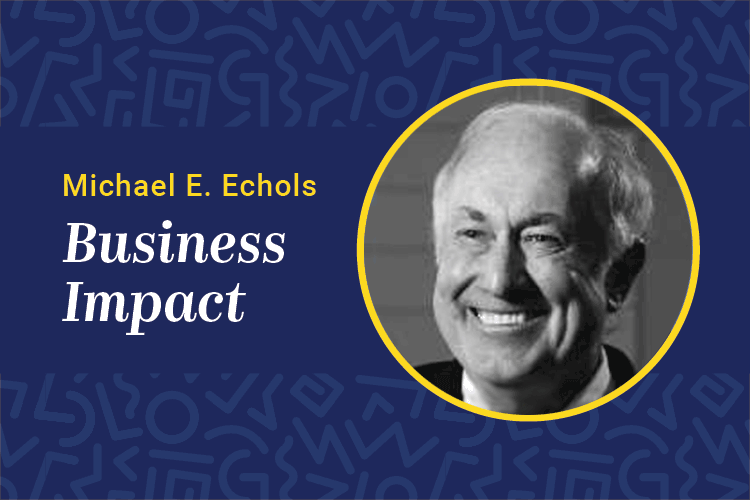Jon Stewart might have made a running gag out of Arby's, but the fast food chain's approach to development is no joke. (Photo by Mike Mozart, via Flickr.)
Everyone who reads my columns knows I believe U.S. corporate leaders are missing the boat when it comes to their organizations’ human capital. I have been persistent, indeed bordered on being a pest, in this belief. Many say, “Our people are our most important asset.” Few mean it.
But there is a for-profit organization walking the talk, putting their money where their mouth is and proving that they invest in their people. The really eye-opening part is the company is investing in its employees, knowing many will take that investment elsewhere. The organization is Arby’s. Yes, Arby’s — the very one that serves you great meats on a bun with the famous Arby’s and Horsey sauces.
One of the biggest objections to investing in employees is they might take the training to a different employer. It happens, especially in the restaurant industry. Last year, the average turnover in the industry was 110 percent. Arby’s was lower but was still way above the national average, which is below 20 percent. Given these odds, Wall Street would say that no executive team should ever invest in training any single employee. Yet Arby’s does. Why?
Before we go too far in judging the sanity of the Arby’s C-suite executives, I want to share an important performance fact: Arby’s has delivered 18 straight quarters of increases in same-store sales in an era when consistent revenue growth is extremely difficult to achieve.
I knew nothing about the Arby’s organization before Bellevue University signed a strategic agreement with them earlier this year. I have a lot more to learn about this special organization, but it all begins with a purpose: “Inspiring Smiles Through Delicious Experiences.” Founded on this inspiring purpose, the company has five priorities to guide resource allocation. Priority No. 1 is to create a winning organization and culture. At Arby’s, it is all about their people, and learning plays a big role in how the organization recruits, develops and retains its talent.
Yes, Arby’s expects some of its team members will leave and take that learning investment with them. But the organization’s senior leadership is OK with that for two reasons. First, they believe the commitment to invest in their team members is good for recruiting and retention. It helps them attract, develop and retain the kind of quality team members who contribute to the revenue growth required to sustain financial performance.
Second, Arby’s is willing to invest in team members even if they leave because it’s the right thing to do. It contributes to the local, state and national productivity and the well-being that better-educated individuals can bring to their local communities. No doubt some — especially those closest to Wall Street where stock buy backs, mergers, acquisitions and dividends rule — may opine that Arby’s culture is out of step with this “me, me, me” era.
I do not share that sentiment. This is a corporate culture I personally applaud and would love to see a lot more of. Call me a dreamer, but the American Dream is all about creating opportunity for all of our citizens. I honor an organization with a pronounced learning culture that creates more opportunity for team members — even if it means a bit less cash for stockholders.
At this point, you may be wondering, “What does this have to do with learning and CLOs?” My response is everything. Arby’s has partnered with Bellevue University to implement a customized degree completion program to be available to all team members. Like The Home Depot and Sun Trust where we already partner on similar initiatives, Arby’s employees will be financially supported with a generous tuition assistance benefit.
One last footnote for all of the chief financial officers looking over the shoulders of learning executives for similar initiatives: The agreement between Arby’s and Bellevue University includes a financial impact analysis by the BU Human Capital Lab.
“Prove it” is the final, financial part of any
good strategic agreement for a human capital initiative investment.















